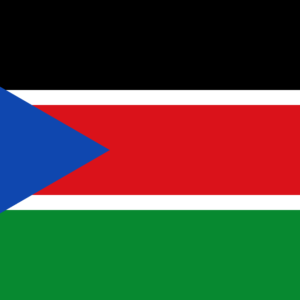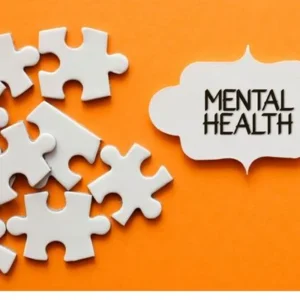A 6.3-magnitude earthquake struck eastern Afghanistan near the Pakistan border on 31 August, destroying homes and critical water, sanitation, and hygiene infrastructure. The disaster has left child survivors living in overcrowded displacement camps and makeshift shelters without access to toilets or safe water, creating conditions highly conducive to disease outbreaks. Dr. Tajudeen Oyewale, UNICEF’s representative in Afghanistan, described the situation as a “perfect storm for a health catastrophe.”
Acute watery diarrhoea, a leading cause of death in children aged 1 to 59 months, poses a major threat in the affected region. The World Health Organization (WHO) reports that over 400,000 children under five die from diarrhoeal diseases annually, which are largely preventable with safe drinking water and proper sanitation—resources that earthquake survivors currently lack.
UNICEF reports that 132 water sources were destroyed in the quake, leaving families without safe water or handwashing facilities. With most latrines destroyed, four out of five communities have reverted to open defecation, and many survivors lack basic hygiene items such as soap. These conditions not only increase the risk of acute watery diarrhoea but also of other waterborne diseases. Health centers are already reporting spikes in skin rashes, dehydration, and other related illnesses.
In response, UNICEF has installed temporary sanitation facilities, distributed hygiene kits, deployed emergency water trucking, and begun repairing water supply systems. However, only half of the agency’s $21.6 million emergency appeal has been secured, highlighting the urgent need for additional donor support. The World Food Programme (WFP) is also facing a $622 million funding shortfall over the next six months, limiting its ability to assist the millions of food-insecure Afghans, with its operations in Afghanistan among six globally at risk due to insufficient funding.







